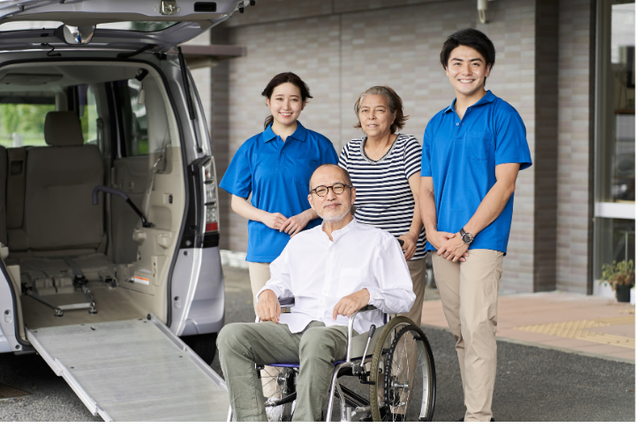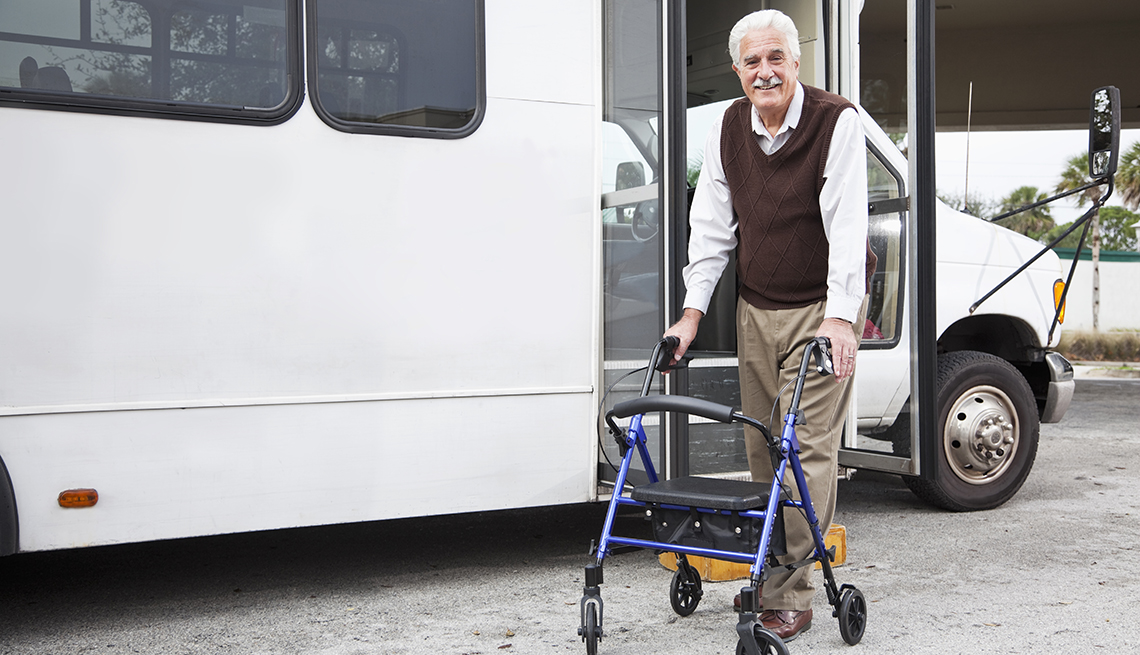Boost Accessibility with Specialist Medical Transportation Services Near Me
Boost Accessibility with Specialist Medical Transportation Services Near Me
Blog Article
Available and Affordable Medical Transport Options for Seamless Wellness Assistance
In the realm of health care, the accessibility and affordability of medical transportation are paramount in guaranteeing people can access the care they require when they require it. The capability to seamlessly navigate transport choices can dramatically influence a person's capacity to obtain timely medical attention, follow-up care, and total health. From non-emergency medical transportation services to innovative options like telehealth, the landscape of medical transportation is evolving to meet the varied needs of individuals. Considering the value of this facet in health care distribution, exploring the range of alternatives available ends up being essential for dealing with voids in ease of access and cost.
Non-Emergency Medical Transportation Solutions

These services are staffed by trained experts who focus on person convenience and security throughout transportation. Vehicle drivers are geared up to manage people with differing medical requirements and ensure that all journeys are smooth and hassle-free - Medical Transportation Services Near Me. In addition, non-emergency medical transport solutions usually utilize specialized vehicles that are wheelchair-accessible, making them suitable for a broad variety of individuals with various wheelchair demands
Volunteer Motorist Programs
Volunteer motorist programs contribute in supplying transport aid for people in demand of non-urgent clinical care. These programs depend on the kindness of volunteers that donate their time and cars to help transportation individuals to and from clinical consultations. By making use of volunteer motorists, organizations can offer an affordable solution for people that may not have accessibility to reliable transport.
One of the key advantages of volunteer vehicle driver programs is the customized care and focus that individuals receive. Unlike typical transport services, volunteer drivers typically develop a connection with the individuals they assist, creating a encouraging and caring environment throughout what can be a stressful time. Additionally, volunteer motorist programs can help link the gap for people living in underserved or country areas where mass transit choices might be limited.
Public Transport Options

One of the vital advantages of mass transit is its widespread accessibility in rural and city areas alike. This comprehensive network permits clients from varied backgrounds to take a trip to clinical appointments with family member convenience. Additionally, public transport systems are usually geared up to suit people with impairments, supplying obtainable travel alternatives for those with movement difficulties.

Ride-Sharing and Transportation Network Companies
The advancement of contemporary transportation choices for medical functions prolongs beyond standard public systems like buses and trains to include the ingenious world of ride-sharing and transport network companies. Ride-sharing solutions such as Uber and Lyft have actually reinvented the method people take a trip to medical appointments, providing comfort and versatility to people who may not have accessibility to their automobiles or standard public transport. These systems enable individuals to request a trip with the touch of a button on their smartphones, click here for more info providing door-to-door solution that can be specifically valuable for people with mobility obstacles or those calling for help.
Transportation network companies (TNCs) have actually likewise played a considerable function in bridging the void in medical transportation solutions. Business like Veyo and RoundTrip specialize in non-emergency medical transport, catering to patients that need a greater level helpful throughout their trips to clinical facilities. By partnering with doctor and insurance providers, TNCs make certain that individuals can access timely and reliable transport options, ultimately adding to boosted health end results and client satisfaction.
Telehealth and Digital Consultations
Enhancing medical care availability and convenience, telehealth and online consultations have become critical elements in contemporary clinical methods, transforming the method patients communicate with medical care companies. Telehealth leverages modern technology to facilitate remote communication in between clients and health care experts, offering a large range of services such as digital assessments, remote tracking, and digital prescriptions. Virtual appointments make it possible for individuals to seek clinical guidance, diagnosis, and therapy from the convenience of their homes, removing the need for physical brows through to medical care facilities. This strategy link not only saves time and decreases transportation costs for clients but also improves the general effectiveness of medical care distribution.
Furthermore, telehealth plays an essential duty in extending medical services to underserved communities, backwoods, and people with restricted mobility. By damaging down geographical barriers and boosting medical care outreach, telehealth advertises very early treatment, continuity of care, and patient involvement. As modern technology continues to advancement, telehealth is poised to play a progressively considerable role in shaping the future of healthcare distribution, fostering improved health and wellness end results and individual complete satisfaction.
Final Thought

From non-emergency medical transport services to innovative options like telehealth, the landscape of medical transport is evolving to meet the diverse requirements of people.Non-Emergency Medical Transport Provider promote the risk-free and timely transportation of individuals calling for non-urgent clinical care to and from health care centers.The advancement of modern transportation choices for clinical objectives prolongs past conventional public systems like trains and buses to include the cutting-edge realm of ride-sharing and transport network business.Transport network firms (TNCs) have additionally played a considerable role in linking the void in medical transport solutions. Non-Emergency Medical Transportation Services, Volunteer Driver Programs, Public Transportation Options, Ride-Sharing and Transportation Network Companies, and Telehealth and Virtual Consultations all play a critical duty in attending to transport obstacles to health care gain access to.
Report this page